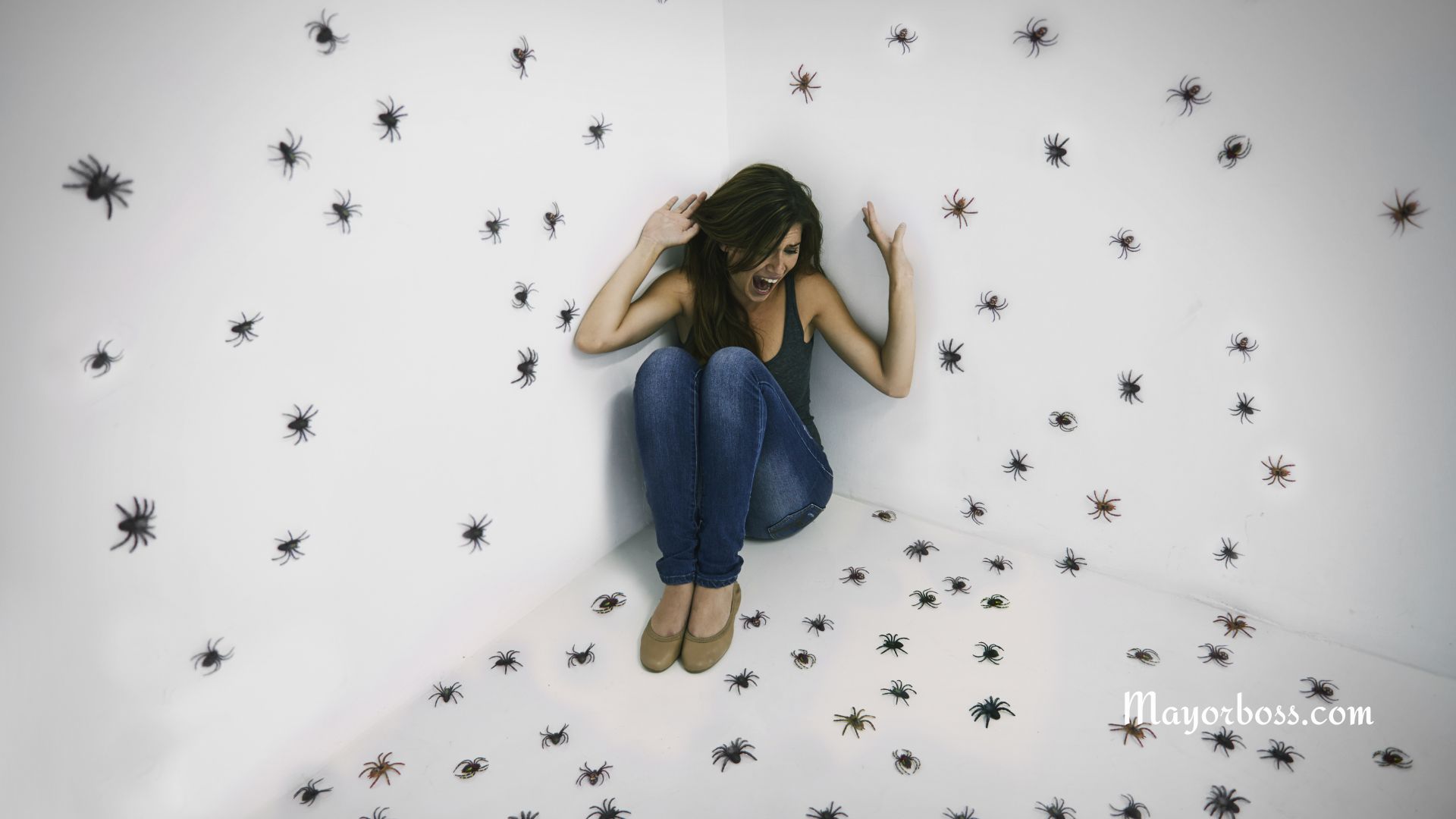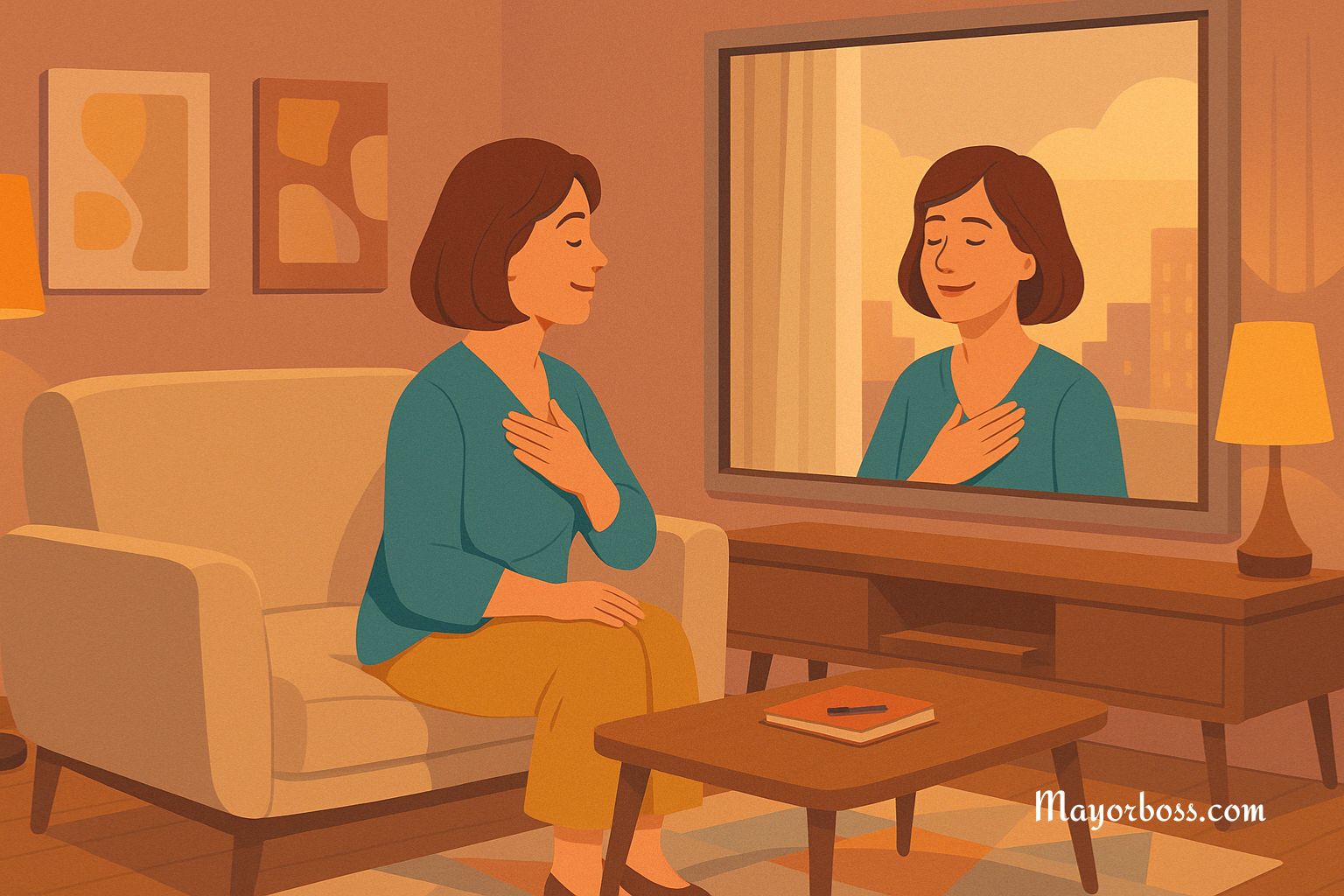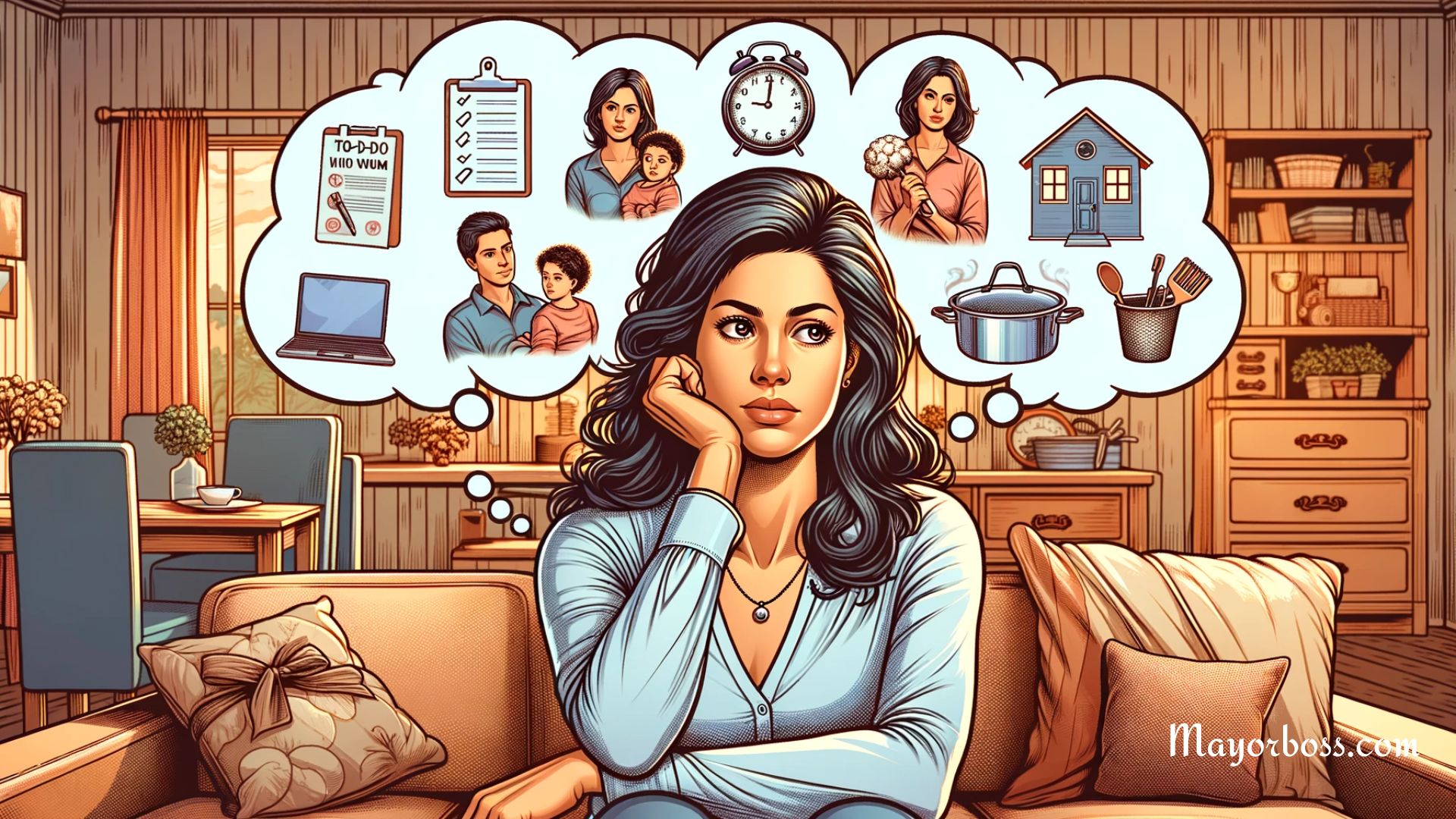What Are Phobias?
What Are Phobias? In simple terms, phobias are intense fears of specific things, situations, or activities. You might have heard of common ones like fear of heights (acrophobia), fear of dogs (cynophobia), fear of driving (amaxophobia), or fear of spiders (arachnophobia). However, phobias go beyond just being scared; they can impact your daily life and mental well-being. The severity can range from mild discomfort to debilitating anxiety.

What Causes Phobias?
Genetics
Scientists have found that genes play a role in the development of phobias. If someone in your family has a phobia, there’s a chance you might have a predisposition to develop one, too.
Past Traumatic Events
A single bad experience can sometimes trigger a phobia. For instance, if you had a bad fall from a high place, you might develop a fear of heights.
Environmental Factors
Growing up in a stressful environment can also contribute to phobias. A childhood filled with constant anxiety can make you more susceptible.
Types of Phobias
Specific Phobias
These are fears focused on a particular object or situation. Common examples include fear of flying (aviophobia) or fear of dogs (cynophobia).
Social Phobias
Also known as social anxiety disorder, this involves a deep fear of social situations. If you have this phobia, you might avoid public speaking, meeting new people, or even going out in public.
Agoraphobia
This is the fear of places or situations where escape might be difficult. People with agoraphobia often avoid crowds, open spaces, or even leaving their homes.
Further Reading: 12 Top Most Bizarre Phobias
How Are Phobias Diagnosed?
Medical History
Your doctor will usually ask about your symptoms and whether they interfere with your daily activities. This helps in diagnosing the condition accurately.
Psychological Evaluation
In some cases, you may undergo psychological testing. This often involves answering questions about your thoughts, feelings, and behavior.
Physical Examination
Though not common, your doctor might also recommend a physical examination to rule out other medical conditions that could be causing your symptoms.
Treatment
Cognitive Behavioral Therapy (CBT)
This is a popular form of psychotherapy used to treat phobias. In CBT, you’ll learn new ways to understand and manage your fear.
Medication
Antidepressants or anti-anxiety medication can sometimes help manage symptoms. However, medication is usually considered a short-term solution.
Lifestyle Changes
Simple practices like exercise, proper sleep, and a balanced diet can also help you manage your symptoms better.
Can Phobias Be Prevented?
While there’s no surefire way to prevent a phobia, early treatment can often stop it from getting worse. If you notice symptoms, consult a healthcare provider for diagnosis and treatment options.
So, if you or someone you know struggles with a phobia, you’re not alone. With proper treatment and support, it’s entirely possible to lead a fulfilling life despite your fears.
Frequently Asked Questions
What’s the Difference Between Fear and a Phobia?
Fear is a natural, emotional response to a real or perceived threat, while a phobia is an irrational and persistent fear of a specific object, situation, or activity. If you have a phobia, you might go to great lengths to avoid the thing you’re afraid of, and this can interfere with your daily life. On the other hand, fear is a temporary feeling that goes away once the threat is gone.
Can Children Have Phobias?
Absolutely, children can have phobias, too. Childhood fears like being afraid of the dark or monsters are common and usually fade over time. However, if a child’s fear becomes extreme and affects their daily life, it might be a phobia. In these cases, early intervention can be quite effective.
How Long Does It Take to Treat a Phobia?
The duration of treatment can vary widely from person to person. Some individuals find relief in just a few sessions of cognitive behavioral therapy, while others may require a longer period of treatment. In cases where medication is prescribed, it usually serves as a short-term measure to alleviate immediate symptoms.
Are Phobias Linked to Other Mental Health Conditions?
Yes, phobias can be linked to other mental health conditions like anxiety disorders and depression. In some instances, dealing with a phobia can trigger symptoms of these other conditions. Therefore, a comprehensive approach to treatment often addresses not just the phobia but also any related mental health issues.
Can You Have More Than One Phobia?
Certainly, it’s possible to have multiple phobias. You might be afraid of both heights and spiders, for example. When you have more than one phobia, treatment can be a bit more complex but is still manageable. Your healthcare provider will typically address each phobia individually, often starting with the one that impacts your life the most.






